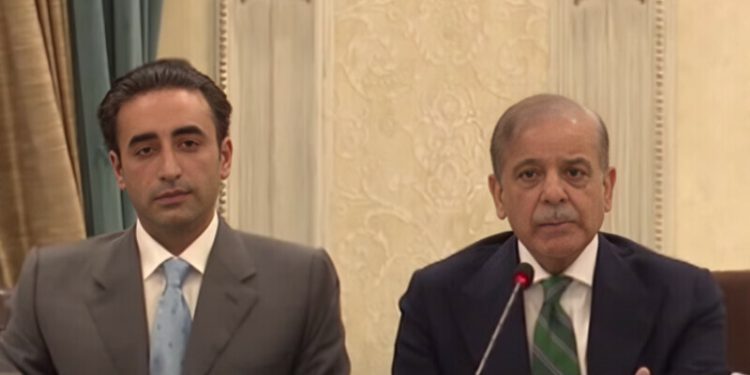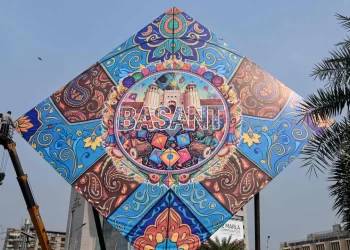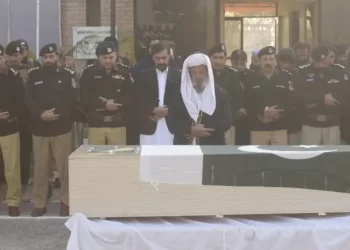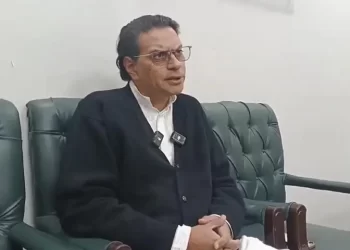The government on Thursday announced that it was halting the contentious canals project until a consensus on the issue could be reached in the Council of Common Interests (CCI) amid opposition from many quarters in the country and uncertainty created by India’s unilateral suspension of the Indus Waters Treaty (IWT).
Chief of the Army Staff Gen Asim Munir and Punjab Chief Minister Maryam Nawaz inaugurated the ambitious Cholistan project to irrigate south Punjab’s lands on February 15 amid public uproar and strong reservations in Sindh. The Sindh Assembly also passed a unanimous resolution against the project in March.
The past few months have seen nationwide protests from political parties, including the ruling coalition ally PPP, and residents against the proposed project.
width=”100%” frameborder=”0″ scrolling=”no” style=”height:250px;position:relative”
src=”
sandbox=”allow-same-origin allow-scripts allow-popups allow-modals allow-forms”>
Amid the already tense situation, India shut borders, downgraded diplomatic ties and, in an unprecedented move, unilaterally announced the suspension of the IWT a day ago over what the Bharatiya Janata Party government and media claimed — without offering any specific or concrete evidence about their allegations against Pakistan — were “cross-border linkages” over the Pahalgam attack in occupied Kashmir.
Addressing a press conference with PPP Chairman Bilawal Bhutto-Zardari after a meeting with the party, Prime Minister Shehbaz Sharif said the two sides considered the country’s situation in detail and India’s announcements related to the rivers.
“Today, we decided in the meeting between the PPP and PML-N with mutual agreement that until a decision is reached with mutual consensus in the CCI, no further canal will be constructed and the federal government has decided that there will be no further progress on canals without the consensus of opinion among provinces.”
He said the CCI meeting was being called on May 2, in which the PPP and PML-N’s decisions would be backed.
Bilawal thanked the premier for hearing out the PPP and the nation’s reservations and complaints in the detailed engagement and taking important subsequent decisions.
He said the prime minister had largely addressed the complaints of those protesting against the government’s policy and expressed hope that the CCI meeting would endorse the decision of no new canal construction without mutual agreement.
“We are not taking any decision today, but only affirming that without a consensus, new canals will not be made. I am looking forward to the CCI meeting.”
Bilawal strongly condemned India’s announcements, particularly regarding the IWT, and said they were not only illegal but “against humanity”.
“We will stand together with you and raise Pakistan’s case not only on the streets but on the international level and will give a befitting response to India’s decision,” the former foreign minister said.
The PPP chairman thanked the premier for their agreement today and said he looked forward to continuing to work with him.
The IWT is a water-sharing agreement between Pakistan and India, facilitated by the World Bank. It allocates the waters of the Indus River system between the two countries. It established the India-Pakistan Indus Commission, which is supposed to resolve any problems that arise.
As per Article XII subsection 4 of the treaty, the provisions of the agreement will “continue in force until terminated by a duly ratified treaty concluded for that purpose between the two governments”.
The same argument was forwarded by federal ministers in a press conference today, who said the treaty could not be unilaterally suspended.








